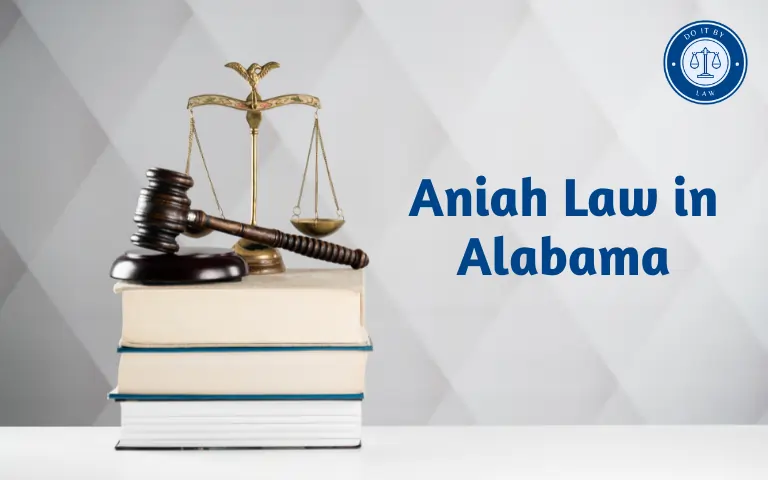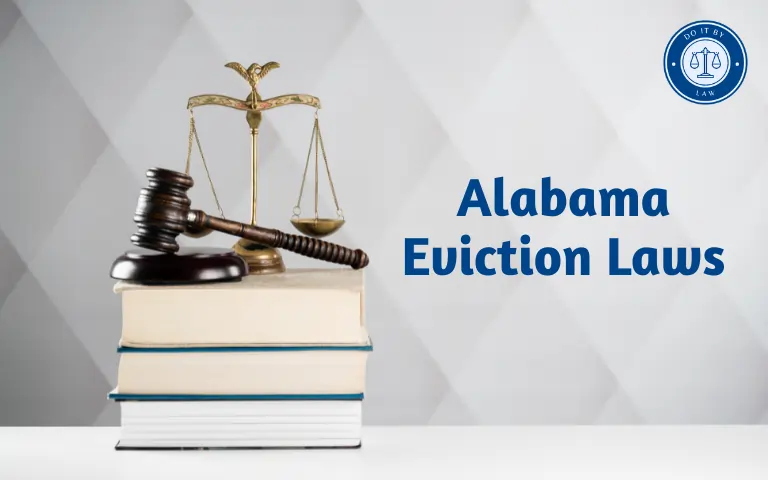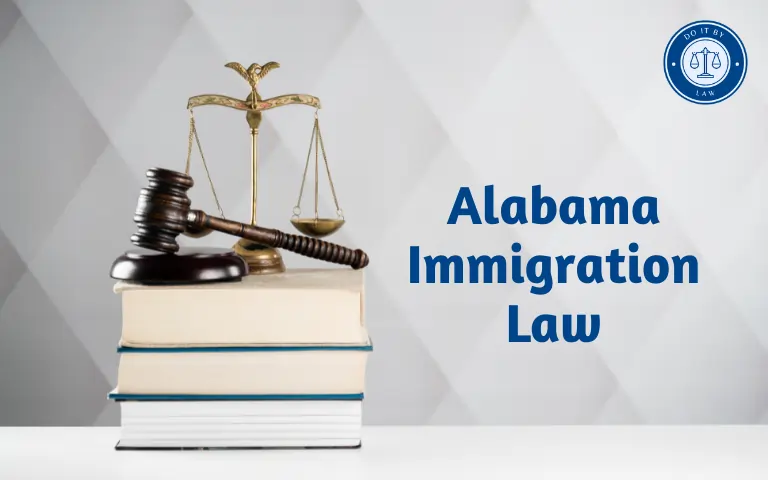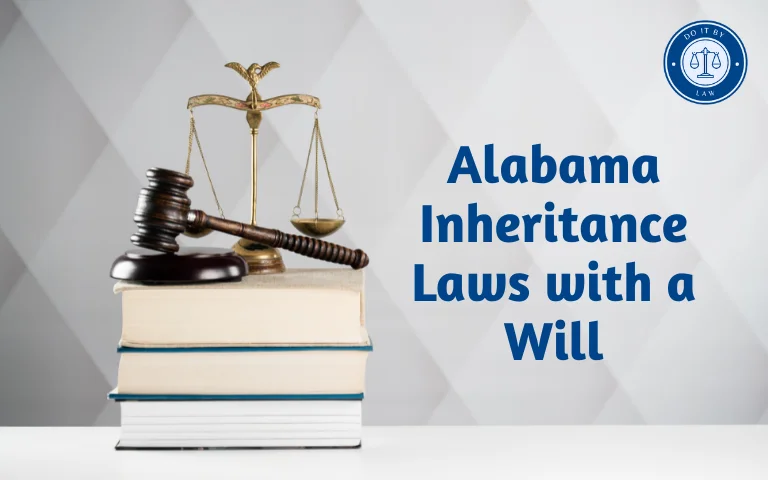Aniah Law in Alabama: What You Need to Know
Aniah Law is a recent Alabama law named after Aniah Blanchard that was enacted to improve public safety and prevent violent crimes. This law makes it harder for people charged with certain violent crimes to be released on bond before trial.
When Aniah Law Was Enacted and Why It Exists
Aniah Law was enacted by the Alabama legislature and signed into law by Governor Kay Ivey in May 2020. It is officially known as Act 2019-518.
This law is named after Aniah Blanchard, a 19-year-old college student who was kidnapped and murdered in Alabama in 2019. The man charged with her murder, Ibraheem Yazeed, was free on bond for kidnapping and attempted murder charges at the time he allegedly killed Blanchard.
Aniah Law Alabama was created to prevent situations where potentially dangerous defendants are released on bond and able to commit more violent crimes before their trial. It aims to improve public safety by giving judges more discretion to deny bonds to defendants charged with certain violent offenses.
Who Aniah Law Applies To
The provisions of Aniah Law Alabama apply to defendants charged with the following violent crimes :
- Murder
- Kidnapping in the first degree
- Rape in the first degree
- Sodomy in the first-degree
- Sexual torture
- Domestic violence in the first-degree
- Human trafficking in the first-degree
- Burglary in the first degree
- Arson in the first-degree
- Robbery in the first degree
- Terrorism
- Aggravated child abuse
Suppose a defendant is charged with any of these offenses. In that case, the judge has increased discretion under Aniah’s Law to deny the bond and keep the defendant in jail until trial if deemed dangerous to the community.
Key Provisions and Requirements of Aniah Law
Here are some of the key provisions and requirements of Aniah Law in Alabama:
- Requires judges to hold a hearing to determine if the defendant poses a substantial risk to certain victims or the public if released on bond.
- It provides judges with the discretion to deny bond entirely if the defendant poses a threat.
- Requires defendants charged with certain kidnapping offenses to wear an electronic monitoring device if released on bond.
- Makes defendants charged with certain sex offenses subject to electronic monitoring and places restrictions on their travel if released on bond.
- Requires DNA samples to be taken from defendants charged with certain kidnapping or sex offenses for entry into the state DNA database.
- Allows judges to place defendants on house arrest or GPS monitoring if released on bond.
Penalties for Violating Alabama Aniah Law
If a defendant violates any of the bond release conditions under Aniah Law, the judge can revoke the bond and order them back to jail. Additional criminal penalties may apply if the defendant:
- Intentionally removes or disables an electronic monitoring device. This is a Class C felony punishable by 1-10 years imprisonment.
- Violates geographic or travel restrictions placed as a condition of bond release. This can result in additional criminal charges.
- Violates any other standard bond conditions, such as contact restrictions with the victim or witnesses. The defendant’s bond can be revoked and new charges imposed.
Recent Changes and Proposed Amendments
One recent change to Aniah Law made it harder for defendants charged with domestic violence offenses to claim immunity based on a stand-your-ground self-defense argument before trial.
Some Alabama lawmakers have proposed broadening the list of offenses covered under Aniah Law. One bill sought to add assault, burglary, and arson charges to the list of bond-restricted offenses. But this amendment has not yet been enacted.
Controversies and Challenges With Aniah Law
Defense attorneys and civil rights groups have raised concerns that Aniah Law in Alabama could violate due process rights and the presumption of innocence. By making it easier to deny bonds, they argue it could lead to lengthy pre-trial detention for defendants who are still legally innocent.
There are also concerns it could disproportionately impact minorities and people without financial resources to hire private attorneys and successfully petition for the bond.
On the other side, victim advocates argue the law helps protect vulnerable people and prioritizes public safety over the rights of potentially dangerous offenders. They believe any negative impacts are outweighed by its benefits to society.
Main Takeaways
- Aniah Law gives Alabama judges more discretion to deny pre-trial bond to defendants charged with certain violent crimes after determining they pose a safety risk
- It aims to prevent crimes by defendants who are released on bond before going to trial
- Critics argue it infringes on due process rights while supporters say it enhances public safety
- The law remains subject to possible legal challenges and legislative amendments to expand or modify its scope
Frequently Asked Questions about Aniah Law in Alabama
References
- Text of Aniah’s Law Alabama Act 2019-518
- Analysis of Aniah’s Law from Alabama Appleseed Center for Law & Justice
- AL.com article on implementation of Aniah’s Law








